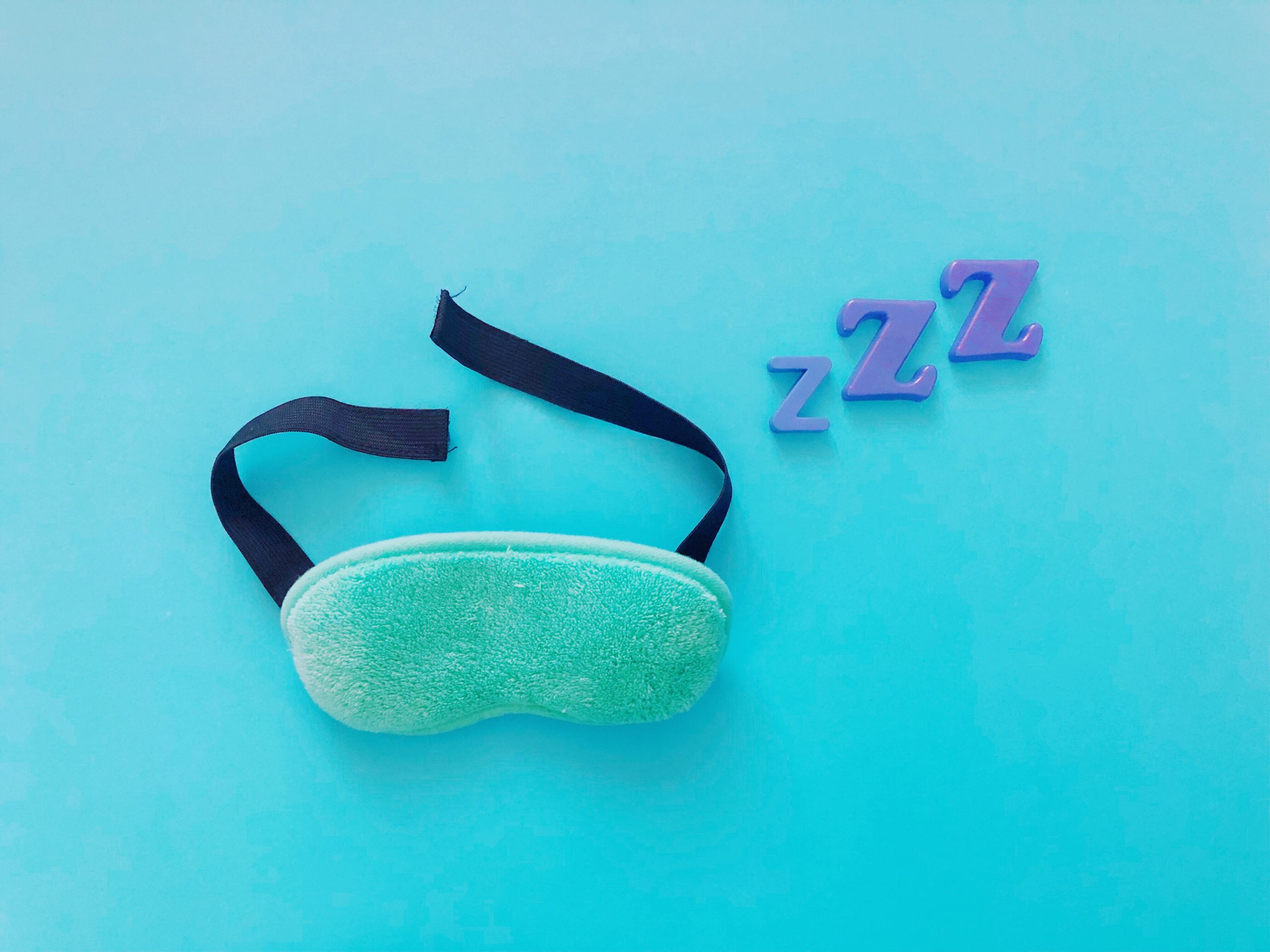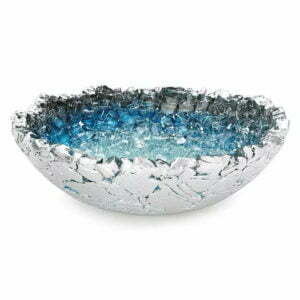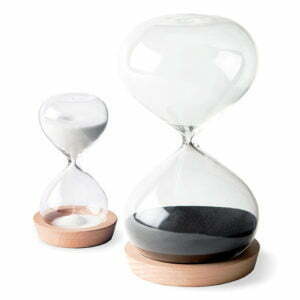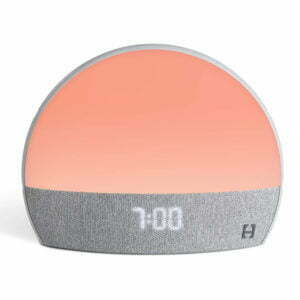Seniors are more likely to experience sleep problems than younger adults because our sleep patterns change as we age. The most common sleep problems faced by seniors are insomnia, sleep apnea, and restless legs syndrome. Keep reading to learn more about these sleep disorders and how to treat them.
Common sleep disorders among seniors.

Some sleep disorders become more common as we age. The most prevalent disorders among seniors are insomnia, sleep apnea, and restless legs syndrome.
Insomnia is the inability to fall or stay asleep. It is the most common sleep problem among seniors and can be caused by a variety of factors, such as age-related changes in the body, medication side effects, health conditions, stress, and lifestyle choices. Symptoms of insomnia include difficulty falling asleep, frequent awakenings during the night, early morning awakening, and feeling unrefreshed after waking up.
Obstructive sleep apnea (OSA) is a disorder that causes people to stop breathing briefly multiple times during their sleep. This occurs because the airway becomes blocked during sleep due to muscle relaxation associated with deep sleep stages. People with OSA often snore loudly and experience excessive daytime drowsiness due to interrupted nighttime sleep.
Restless Legs Syndrome (RLS) is a neurological disorder that affects the nervous system and results in an uncontrollable urge to move the legs. This can happen during periods of rest or activity and can cause discomfort, pain, or cramps in the legs. The symptoms usually get worse as the day goes on and can interfere with sleep. There is no cure for RLS, but there are treatments that can help relieve symptoms.
How to find out if you have a sleep disorder.
Sleep disorder testing is the process of diagnosing a sleep disorder. Sleep disorders can be disruptive and affect a person’s quality of life. There are many different types of sleep disorders, and they can vary in severity.
If you think you may have a sleep disorder, it is important to see a doctor for diagnosis and treatment. The most common way to diagnose a sleep disorder is with a polysomnogram, or “sleep study.” This is an overnight test that monitors your brain waves, heart rate, breathing, and other vital signs while you sleep. Other tests may also be used to help diagnose a sleep disorder, such as an electroencephalogram (EEG) or an MRI scan.
Once a diagnosis has been made, treatment can usually be prescribed. This may include changes to your diet or lifestyle habits, medications, or surgery. It is important to follow your doctor’s instructions closely to get the best results from treatment. Senior care services in your area can also help you follow a treatment plan while maintaining your sense of independence.
How can you get more restful sleep?
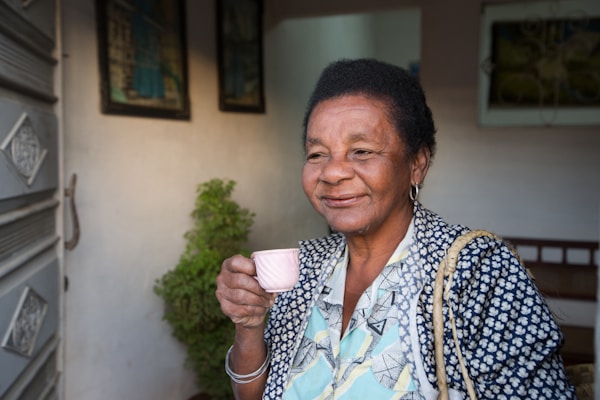
There are a few things that can be done to get more restful sleep. One is to make sure that the environment is quiet and dark, and that the room is cool. It may also be helpful to avoid caffeine and alcohol before bed, as well as eating large meals or working out close to bedtime. If possible, it is best to establish a regular sleep schedule and stick to it as much as possible. Finally, winding down before bed with reading or relaxation techniques can help promote better sleep.
Sleep disorders can lead to several health issues in seniors, including cardiovascular problems, cognitive decline, and increased risk of falls and accidents. Strategies for improving sleep hygiene and addressing the underlying causes of sleep problems are essential for promoting healthy sleep in seniors. If you’re struggling to get a good night’s sleep, make an appointment with your primary health care provider to discuss testing and treatment options.

